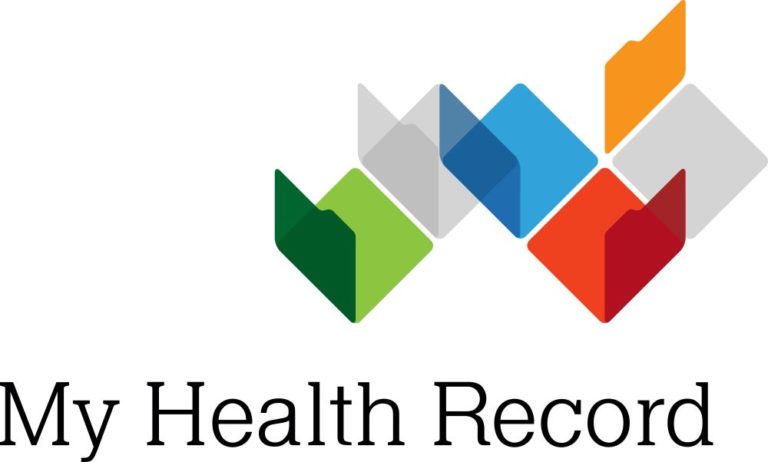[vc_row][vc_column][vc_column_text]As reported in the media recently, private health insurers have seized on the June 2019 APRA Prostheses List (PL) data to claim that volume growth is excessive and savings under the MTAA-Government Agreement have not been realised.
The claims made by private health insurers are false. These are the facts:
- Savings on the PL in the premium year 2018 were $224 million, $35 million more than forecast under the Agreement
- Volume growth of 8.6% to June 2019 is not significantly different from the compound annual growth rate of 7.8% over the last 10 years
- Average benefits have dropped 16% since Quarter 4 2016 from $794 to $665, and is expected to fall further with more cuts to come in 2020.
“The medical devices industry has made the only direct contribution to keeping the cost of private health insurance down, delivering the lowest premium increase in 18 years,” said Ian Burgess, MTAA CEO.
“The cost reductions are a direct result of the $1.1 billion dollars in cuts delivered by MTAA through the Agreement and demonstrate MTAA’s active contribution to the affordability of healthcare in Australia,” Mr Burgess said.
Meanwhile, insurer profits continue to increase, with NIB recently reporting a 9.2 per cent increase in annual profit to $201.8 million, with a share price increase of 31 per cent over the past six months, and Medibank Private’s share price up 16 per cent.
“Insurers are once again misrepresenting the savings delivered to them under the Agreement in order to avoid a reduction in their considerable profit margins,” said Mr Burgess.
MTAA commissioned the AlphaBeta report to constructively identify areas for savings to keep private health insurance sustainable.[/vc_column_text][/vc_column][/vc_row]




